by Arnie Fenner
When I was about 16 my father came down with a severe case of food poisoning.
My dad was a tough guy—not mean or abusive or anything remotely like that, but “tough” in that he was stoic and determined and he took his responsibilities seriously. He was a hard-scrabble farm kid who grew up during the Great Depression; he left home when he was 15 after a fight with his father (he went to live with an aunt and continued to go to school while working at a small town drugstore); he enlisted during WWII and served as a combat medic at Bastogne during the Battle of the Bulge (he received the Bronze Star for heroism and his division received the Presidential Unit Citation); he took part in the capture of the bridge over the Moselle River in Trier, Germany which caused the collapse of the Nazis’ defenses and helped speed the end of the war in Europe; he was at the liberation of one of Dachau’s subcamps at Landsberg. He came home at the war’s end, went to business college on the G.I. Bill, slowly and steadily made a career for himself, bought a little house, and with my mom raised a family.
Which is a long-winded way to say that he’d been through a lot, seen a lot, overcome a lot, knew a lot, and worked hard his entire life, so as sick as he was with the food poisoning it was difficult for him to accept how bad it actually was or what was necessary to overcome it. He was hard-headed and didn’t listen to any of us who told him he needed to see a physician. After a couple of miserable days he finally called our doctor—John Caldwell, a really great guy who happened to be the father-in-law of the artist Edward Sorel—who told him to immediately check himself into the hospital and he’d meet my dad there.
My dad managed an office of about 60 people doing data processing (in the very early days of commercial computers) for banks, corporations, and insurance companies—and he was, to put it mildly, a chain-smoking workaholic. His mindset was that everything would fall apart if he wasn’t there (and, honestly, it often did) and he didn’t believe he could miss any more work than he already had. Like I said, he was hard-headed and didn’t want to listen to something that he didn’t want to hear—and he argued about going to the hospital. Exasperated, Dr. Caldwell (also a WWII vet) finally snapped, “Then lay down and die and leave me alone to help people who want to live.”
I was driving him to the hospital within 10 minutes of his hanging up the phone (yes, phones were “hung up” way back then) where he stayed for two weeks recovering. The doctor said if he’d waited one more day my dad would have been on his way to the morgue, not the hospital.
If he hadn’t listened—finally!—he wouldn’t have been around to meet his grandson fourteen years later. And, yes, from that day forward he had a different perspective and considered more carefully what others had to say, whether he ultimately agreed or not.
Needless to say, listening is important.
Which is obvious enough, right? And yet it’s demonstrable that a willingness to listen is in short supply these days: surfing the internet reveals loads of jabber, tons of posturing, pronouncements, baseless opinions, insults, and more vitriol than you can shake a stick at. “Listening,” of course, also means reading carefully and objectively and not joyfully leaping to often-wrong conclusions. It’s much the same wherever you look, whether in public—check out the appalling behavior at bars, concerts, sporting events, or even the check-out lines at stores—or in print or on TV.
Politics, religion, the arts, science, gender, relationships, sports, humor, you-name-it: all are grist for the Mill of Stupidity. Mentioning art school, competitions, copyright, censorship, and any number of other hot-button issues will get creatives fighting with each other on-line tooth-and-nail. Everybody seems willing to stir the pot with their own 2¢ (and are often shocked by the response) and passionately argue about the absolutely dumbest shit without a thought for the views and feelings (much less intent) of others. Incredibly few have the patience or ability to listen—to empathize, to attempt to understand, if not necessarily agree with—anyone else. Technology facilitates an impetus for cruelty just as (if not more) often as it offers an avenue for connectivity and compassion—and increasingly internet behavior is spilling over into the way people treat each other in the real world. If you believe the lynch mob mentality is a thing of the past, you haven’t been on (anti) social media.
Beyond the human desire to “be right,” the root cause of most problems is the refusal to listen to each other with courtesy and respect.
At the core of being an artist is communication and you can’t successfully communicate your ideas, stories, beliefs, or viewpoints to an audience—you can’t get them to listen to what your work is trying to say—unless you listen in turn. Your art is a reaction to, a reflection of, what you hear.
You can’t learn from teachers and workshop instructors, from friends and peers, unless you’re willing to put aside preconceptions and preexisting opinions and listen to what’s being taught. You can’t grow and improve unless you’re willing to listen to criticism (which is one of the hardest things to endure creatively). You can’t take advantage of new opportunities unless you’re willing to objectively pay attention to others working within and without your area of interest: “networking” only succeeds through listening. You can’t collaborate with an art director or publisher—can’t deliver what they want and get more work—unless you listen carefully to their instructions and feedback. You can’t benefit from resources like Lauren’s and Marc Scheff’s “Dear AD” website unless you’re willing to listen to the advice and information being offered.
Anyway…listening is a major strength to cultivate and embrace.
And naturally listening doesn’t mean you have to believe or agree with everything you hear or read: there is no “one size fits all,” there are few (if any) absolutes. There are always exceptions. Everybody else is not always right and you’re always wrong. What it does mean, however, is that you consider what you hear or read completely before deciding on the value of the information and how it all applies to you. Carefully listening = balanced thinking & comprehension. Hopefully, anyway.
Life (and a career) is made up of choices and how wise those choices are—how well our life and career turn out—depends on how much we listen. It’s too easy, too tempting, to tune out what we don’t want to hear, to only pay attention to those who share our own beliefs and opinions—and we’re often mystified by the consequences of limiting our purview. The Hive Mentality only works for drones. Impatience or desire tends to subvert attaining true knowledge and often becomes an impediment to accomplishment.
Too often we want what we want when we want it without understanding how to achieve it and why we don’t. The root cause of failure, frustration, ignorance, and outright stupidity, more often than not, is an inability to…listen.


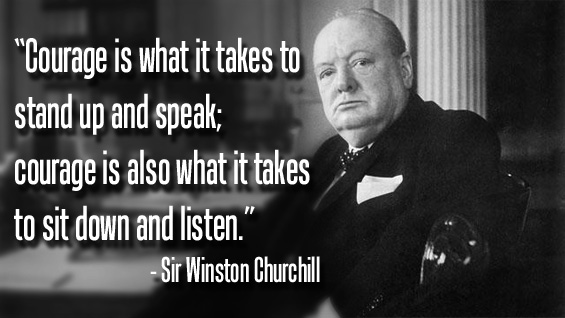

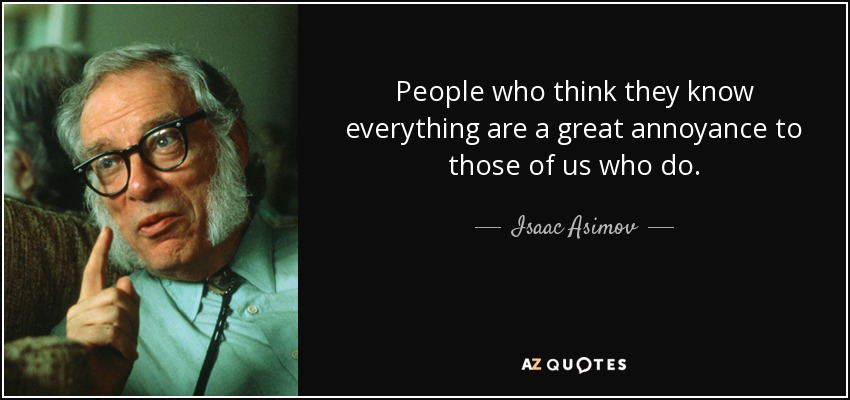
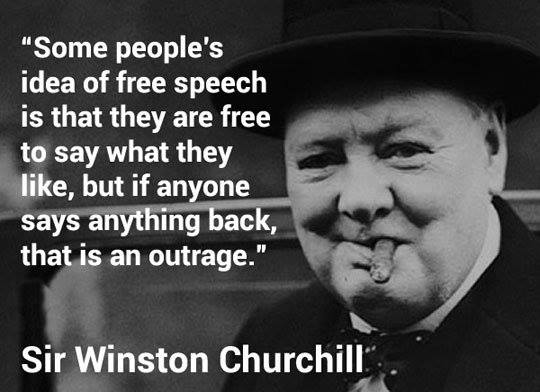
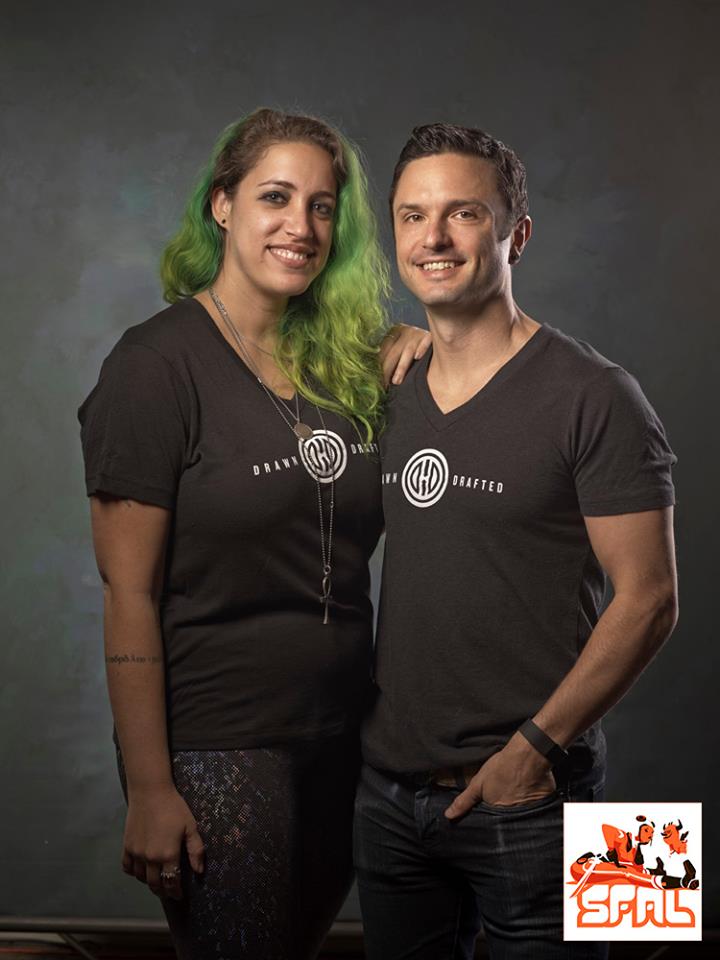
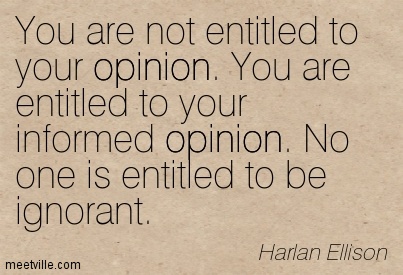


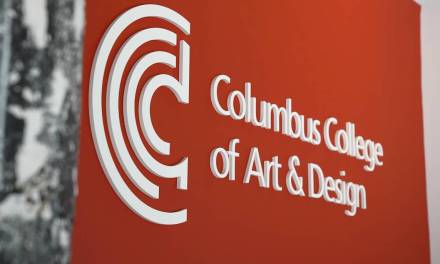
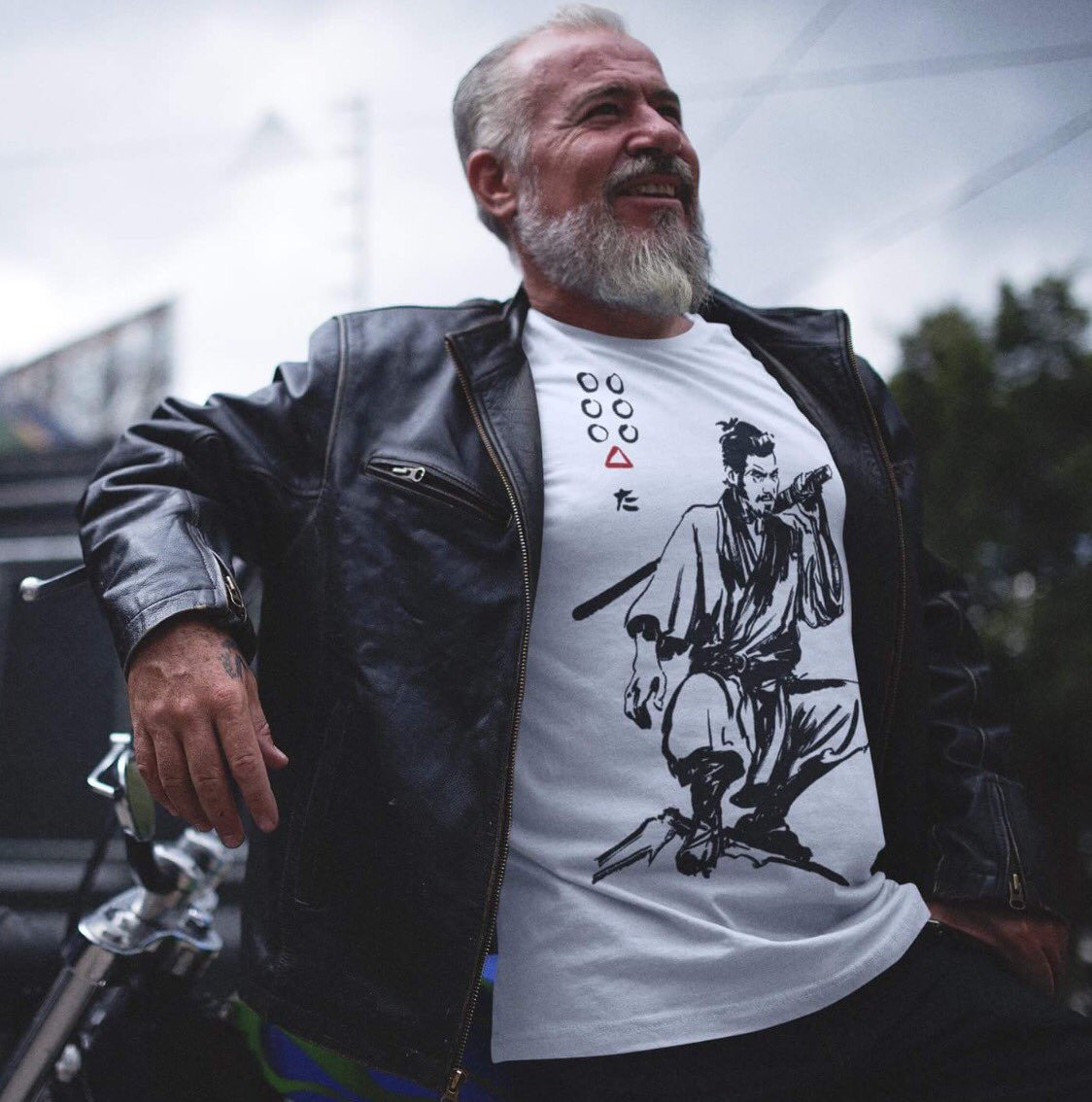
I came, I listened, I learned…Thanks for this well thought out post.
But… but… I just want a list of all the art directors everywhere, wrapped up and ready for me to send postcards with a giant picture of my face and a small pic of my artwork!!!
(Please don't blacklist me)
Joking aside, great article Arnie. Love that Asimov quote.
Listen to learn not to respond. Selective listening is my pet peeve. Hearing only what one need to bolster his/her own argument. Well thought post Arnie, thank you.
All I can say is, “Amen!” Great article and to the point.
It's a tough skill to learn, and I think we continue to learn it our whole lives. Often times, a little bit of knowledge is more dangerous than ignorance, because people think they're done learning. As I get older, I now know enough to know that I really don't know shit.
Great post and wow, totally humbled by the shoutout. Thanks Arnie.
Great post and wow, totally humbled by the shoutout. Thanks Arnie.